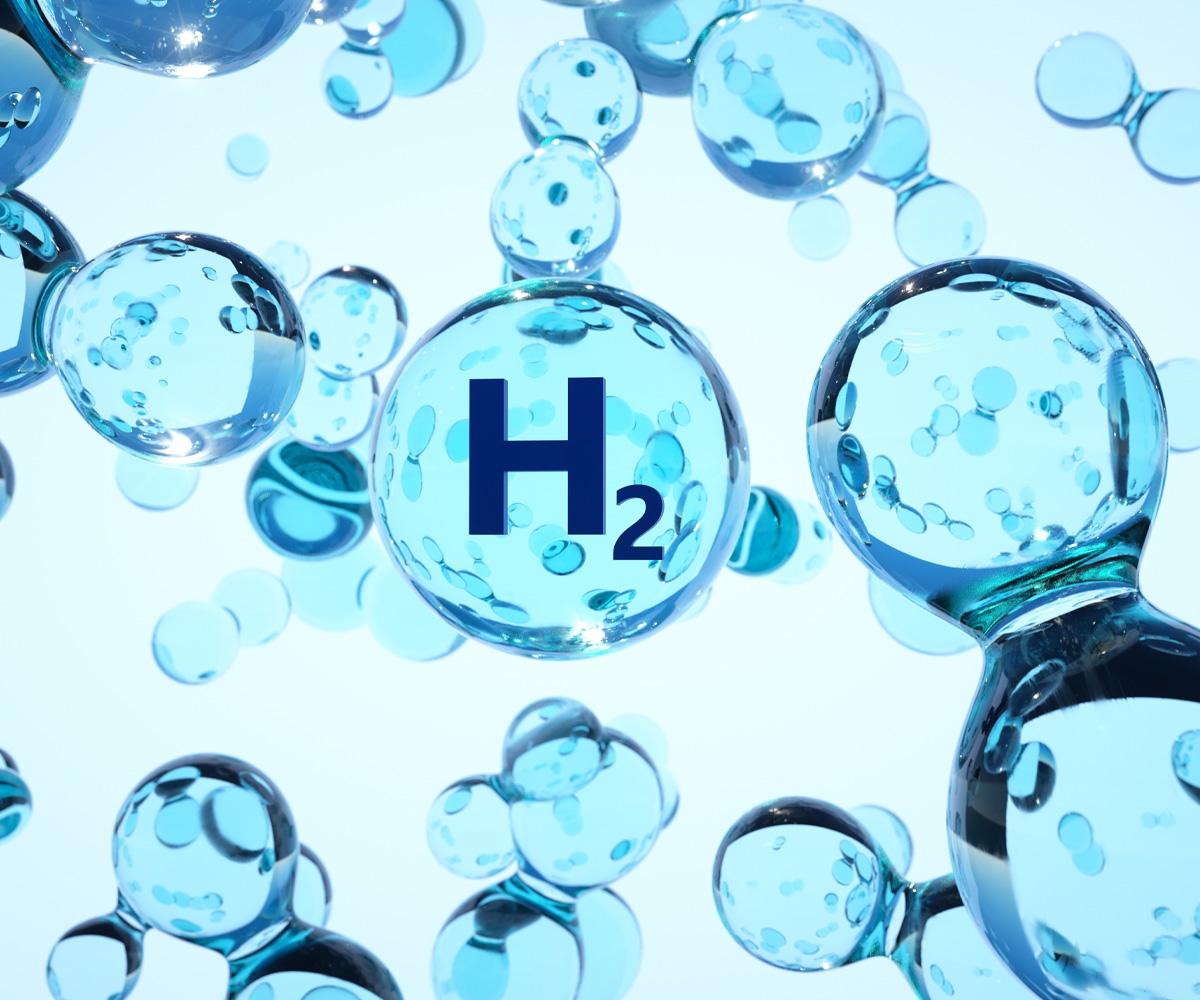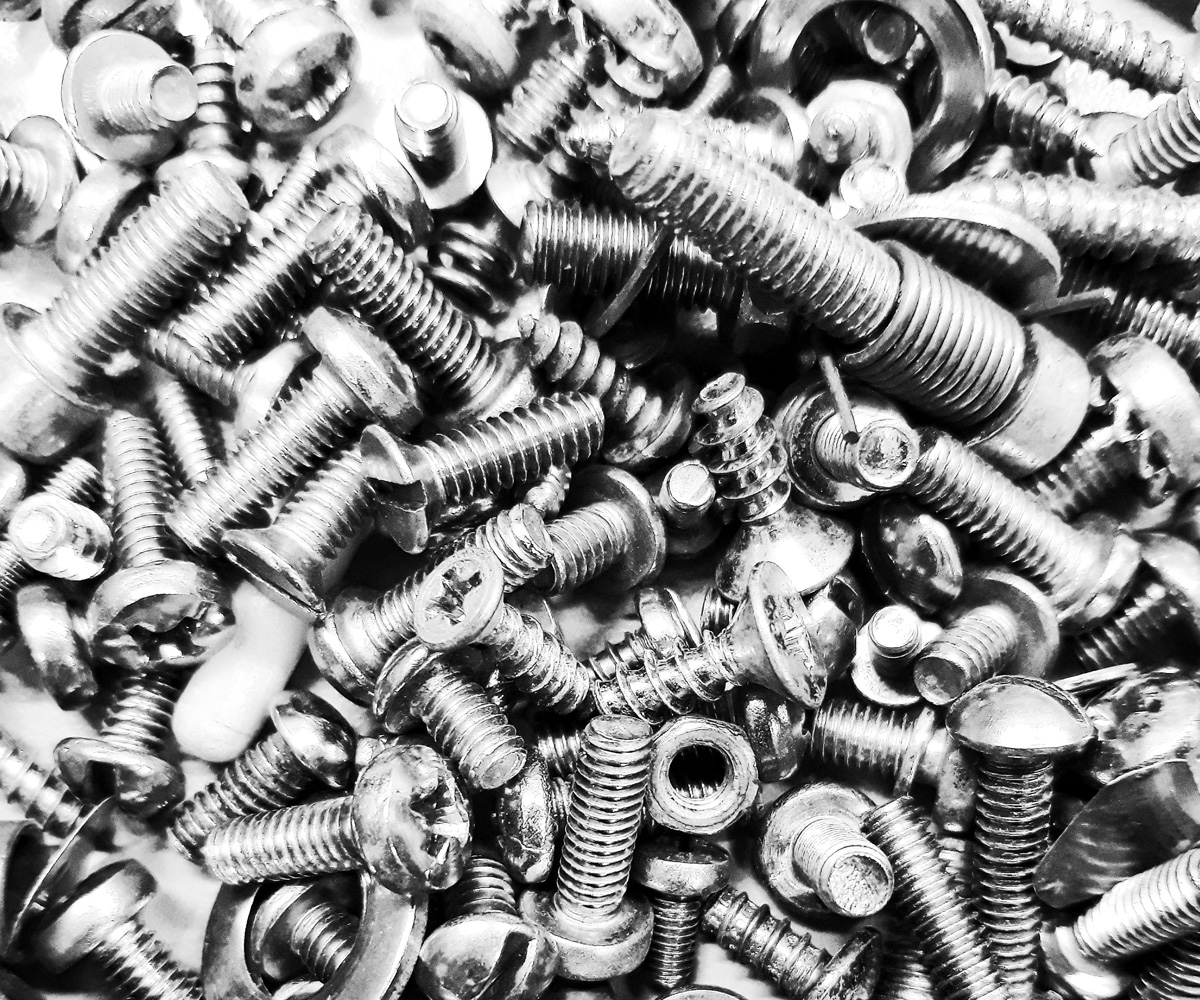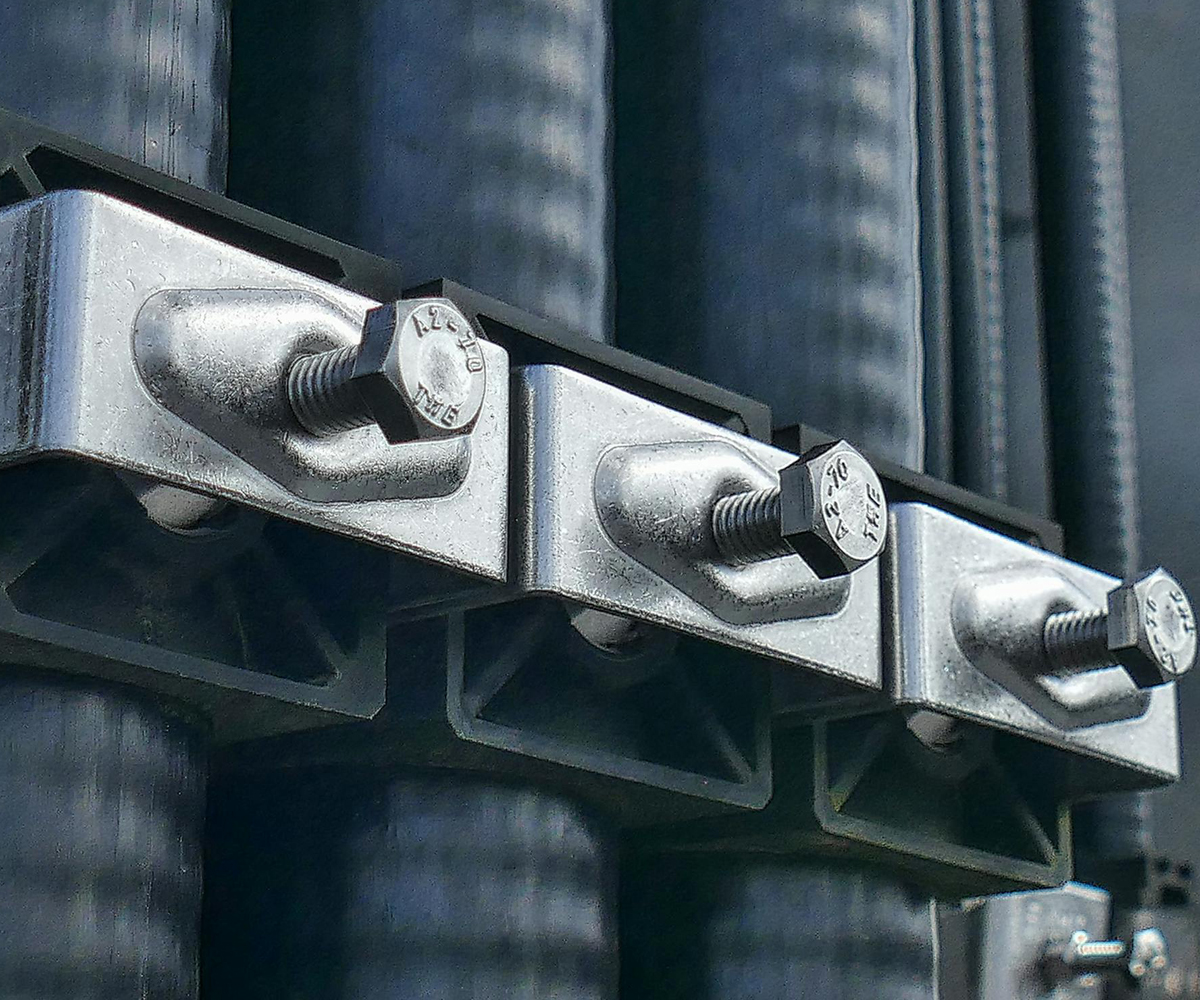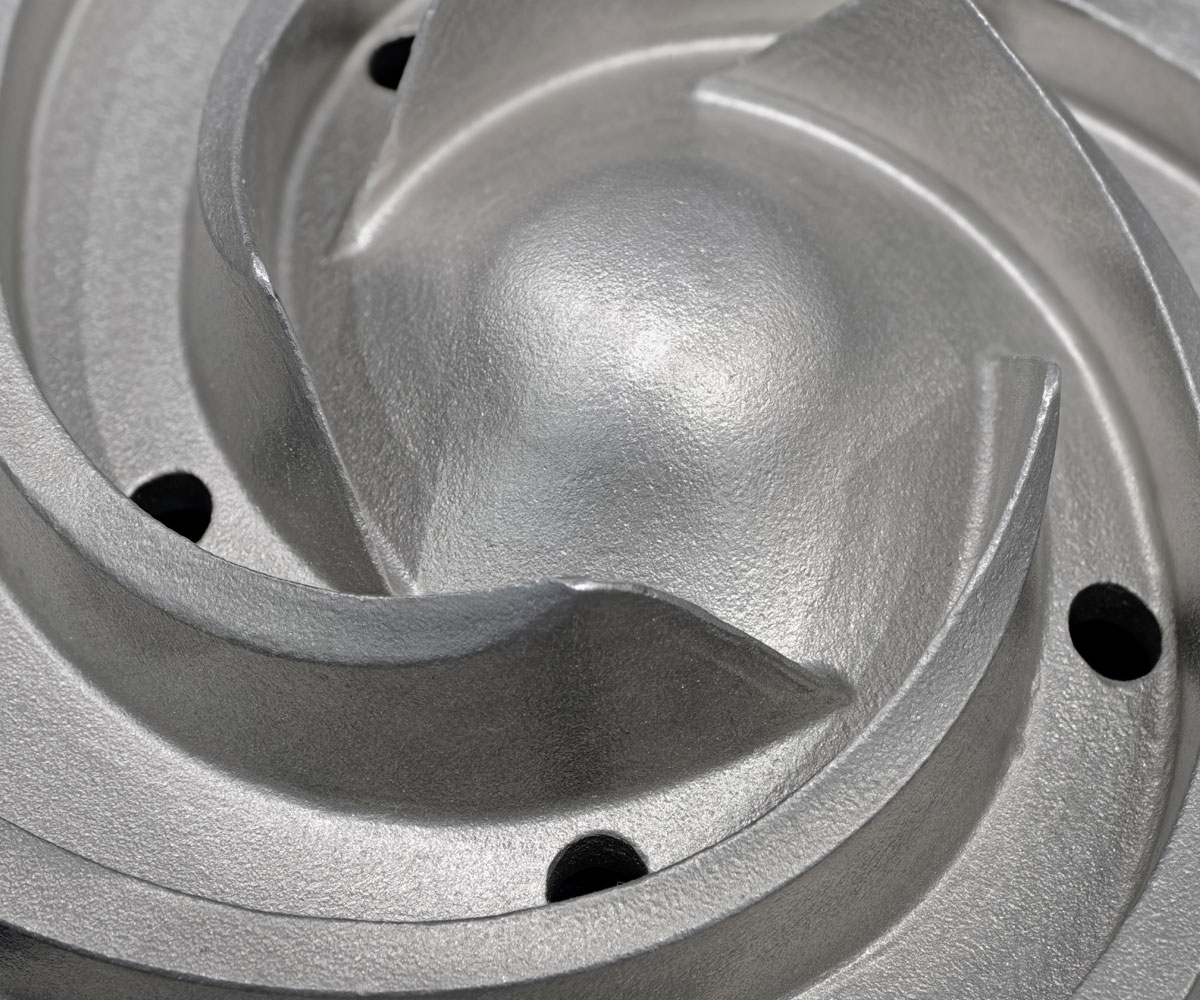
Process Industries
Diffusion Alloys has been applying protective coatings to the Oil & Gas, Chemical and Petrochemical industries for many years. Principally we offer the following:
- Aluminide diffusion coatings: for protection against metal dusting, hot corrosion, oxidation, carburisation and sulfidation
- Chromide diffusion coatings: for protection against hot corrosion, carburisation and sulfidation and wear
- Boride diffusion coatings: for protection against rod wear, erosion, abrasion and corrosion issues
Unique coating capabilities
Due to our range of furnace capabilities, Diffusion Alloys can process an unparalleled range of component sizes which can be extremely useful for the complex processing plants of our oil & gas and process customers. We can process components a from a few millimetres in size to components up to 18 metres long, 3 metres in height and 4 metres in width.
Our proprietary pack process also allows us to process complex parts and restrict the areas of diffusion coating, through masking off, if required.
We process at our facility in Middlesbrough. Our largest furnace is we believe the longest coating furnace in the world.
Aluminizing: protection against metal dusting
Commonly, customers approach us that have a problem with metal dusting. Metal dusting is a catastrophic corrosion phenomenon that leads to the disintegration of structural metals into dust composed of metal carbides and carbon.
Aluminide coatings protect from metal dusting both by being highly resistant to corrosion themselves and by reducing the diffusion of carbon into the base alloy by orders of magnitude. Aluminide diffusion coatings also show good resistance to spalling caused by thermal cycling, having been extensively applied to gas turbine components.
Detailed studies have repeatedly confirmed that pack aluminide diffusion coatings are a highly effective way of protecting components from metal dusting corrosion.
We aluminize large and small, including long tubes up to 18 metres in length, spools, ferrules, fasteners and burner plates for our customers.
We aluminize for a range of processes that experience metal dusting conditions including steam methane reforming, gas and steam reformers in ammonia production, steam reformers for the direct reduction in iron ore, syngas production, hyco production, methanol production and petroleum refining.
Click here for more information on external technical references.
Click here for more information on examples of our references for aluminizing against metal dusting.
Aluminizing: protection against sulfidation, oxidation and carburisation
Pack aluminide coatings also provide impressive resistance against a wide variety of corrosion problems particularly oxidation, carburisation and sulfidation in high temperature environments.
Commonly we see aluminizing being used for protection in steam-methane reforming (SMR), methanol production and for gas desulfurising processes (the Claus process).
Aluminized components include heat exchangers, combustor tubes and condensers.
Boronizing: resistance to abrasive wear, high hardness
Boronizing, sometimes referred to as boriding, is a diffusion coating with a low co-efficient of friction that is capable of retaining its high hardness at elevated temperatures. In the oil & gas industry it is most typically used in down bore drilling casing tubes where CO2 corrosion, or ‘sweet corrosion’ and wear damage can be the significant contributing factors to degradation of the casing tube. Boronizing is also used to create a hardened bearing surface on drill bits utilised for deep bore holes as well as valve stems.
It can be applied to a wide range of alloy steels and in addition to its very high hardness it improves the alloy steels resistance to oxidation, hydrochloric, sulphuric and phosphoric acids.
At Diffusion Alloys, we have the flexibility to boronize a wide range of component sizes.
Typical materials for boronizing casing steel grade tubes in the oil & gas industry include API 5CT specification:
- Carbon steel – J55 & K55
- Alloy steel – P-110
Diffusion Alloys boronizes a wide range of materials for other industries.
Click here for more information on Diffusion Alloys boronizing capabilities and application areas.
Chromizing: an alternative coating for Type II corrosion environments
Our chromide diffusion coatings can be an alternative to an aluminide coating especially in Type II hot corrosion environments. Steels with a carbon content of greater than 0.3% will, when chromized, form a hard dense diffused chromium carbide surface layer which has a high hardness and excellent wear resistance in hot, corrosive environments.
Types of components we would typically chromize for the process industries include tubes in recovery boilers used in the Kraft Process.
As with aluminizing, we have the flexibility to chromize a large range of different component sizes.
Click here for more information on chromizing, its properties, uses and our processing facilities.
We are at the forefront of applications for clean energy and the hydrogen industry.
Large-scale hydrogen generation
Hydrogen electrolysers (SOE)
Fuel cells (SOFC)
Energy storage
Nuclear
Other specialist life extension
With over 60 years of industry experience, we're a global specialist in the application of a range of protective coatings against metal degradation.
We have been supplying diffusion coating services for over 60 years. In 1955 the Company became the first company world-wide to launch chromising as a commercial industrial diffusion coating.
We have decades of experience in coatings for the industrial gas turbine market and the oil, gas and process industries and have developed a leading position in diffusion coating for clean technology applications.
We consider the Health & Safety of its employees, customers, visitors and the general public to be of prime importance. We take an ethical approach to our environmental responsibility & waste management.
We pride ourselves on consistently scoring as best coating supplier for quality with a number of our major and long term customers which is testimony to our quality management system.







